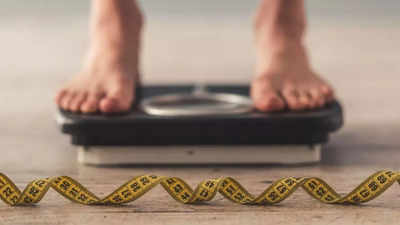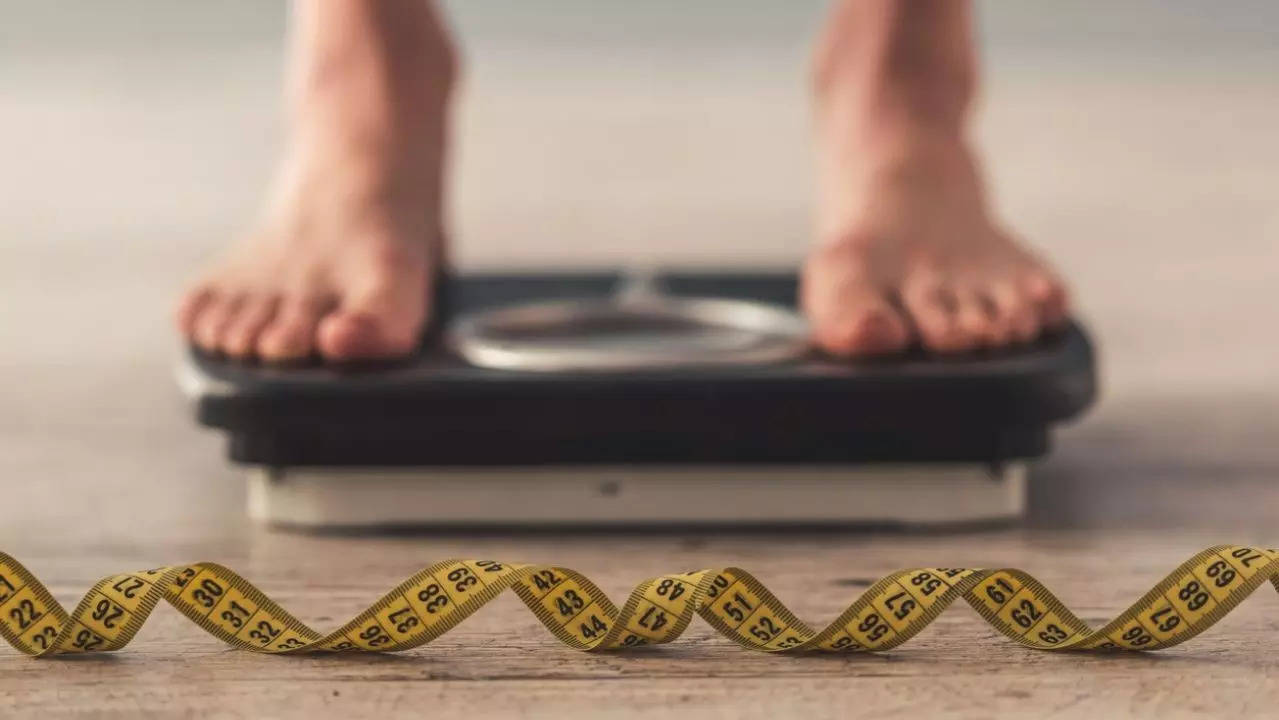Losing weight is not just about what you eat—it’s also about when you eat. Timing your meals strategically can boost your metabolism, curb cravings, and help your body burn fat more efficiently. According to science, aligning your eating habits with your body’s natural rhythms can make a big difference in your weight loss journey. Here’s a breakdown of the best times to eat your meals to achieve those weight-loss goals.
consuming breakfast just after waking up
Breakfast
Start your day on the right note by eating breakfast within an hour of waking up. This starts your metabolism and provides energy for the day ahead. A study done in 2019 suggests that breakfast skipping is causally linked to obesity. Consuming a protein-rich breakfast early in the morning can reduce hunger later in the day and prevent overeating. Aim for foods like eggs, yoghurt, whole-grain toast, or fruits to keep your metabolism active and cravings in check.
Lunch
Timing your lunch during the midday window is ideal for keeping your energy steady. Studies have shown that eating lunch earlier rather than later can positively impact weight loss. Avoid skipping lunch or delaying it to avoid overeating later in the evening. Choose a balanced plate with lean protein, whole grains, and plenty of vegetables to keep you full and focused.
Afternoon snack
If hunger strikes between lunch and dinner, a light, healthy snack around 3:00 PM to 4:00 PM can keep your metabolism going. Go for nuts, seeds, or a small piece of fruit paired with some protein, like a boiled egg or a few almonds. Avoid sugary snacks, as they can lead to energy crashes and cravings.
Dinner
The timing of dinner plays a crucial role in weight loss. Experts recommend eating your last big meal at least three hours before bedtime. This gives your body enough time to digest the food and prevents late-night snacking. Keep dinner light but nutrient-rich by including lean proteins, vegetables, and a small portion of healthy carbs like sweet potatoes or quinoa. As per a study done in 2019, people should avoid food intake close to bedtime, while sleeping, or very early morning, when melatonin levels are high.
Avoid eating after 9:00 PM
Late-night eating can disrupt your metabolism and lead to unnecessary calorie intake. Your body burns fewer calories at night, so consuming heavy meals late in the evening can result in weight gain. If you feel hungry after 9:00 PM, stick to a low-calorie option like herbal tea or a small serving of plain yoghurt.
I’m Manas Ranjan Sahoo: Founder of “Webtirety Software”. I’m a Full-time Software Professional and an aspiring entrepreneur, dedicated to growing this platform as large as possible. I love to Write Blogs on Software, Mobile applications, Web Technology, eCommerce, SEO, and about My experience with Life.







